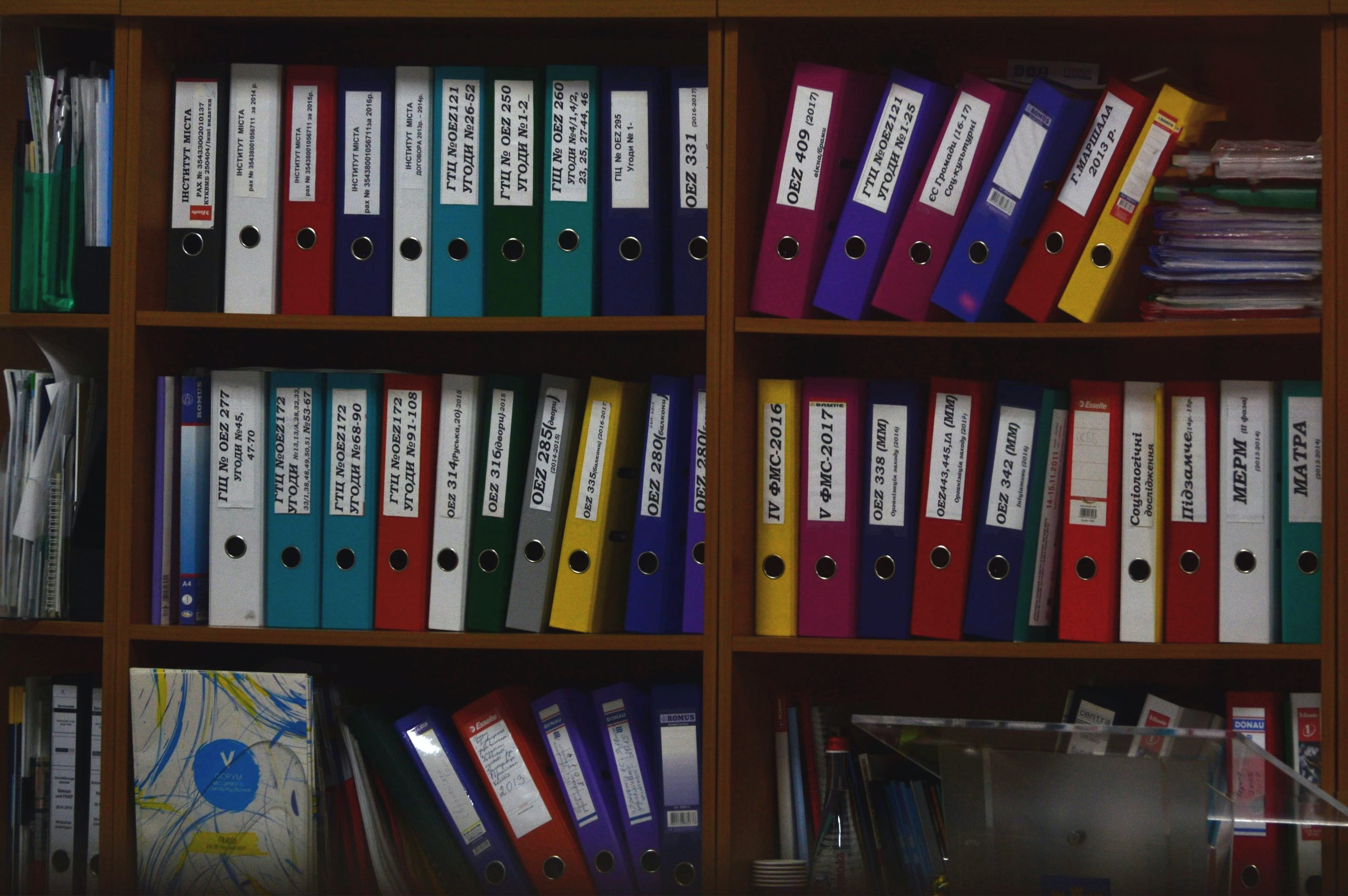Legal matters can be sensitive and complicated issues that require the utmost confidentiality. From personal injury cases to corporate disputes, maintaining privacy is crucial in protecting both parties involved. Confidentiality not only protects the information shared between clients and their legal representatives but also ensures trust and integrity in the legal system. In this blog post, we will explore why confidentiality is important in legal matters, how it can be maintained, and the consequences of breaking it. So let’s dive into this topic behind closed doors!
What is Confidentiality?
Confidentiality refers to the practice of keeping sensitive information private and secure. In legal matters, it means that any information shared between a client and their lawyer is protected from being disclosed to anyone else without the client’s consent.
This can include personal details such as medical history, financial statements, or trade secrets. Essentially, any information that could be damaging or harmful if made public falls under confidentiality protection.
It’s important to note that confidentiality goes beyond just verbal communication. It also includes written documents, emails, phone calls, and even physical evidence such as photographs or videos.
Confidentiality is not only crucial in maintaining trust between clients and lawyers but also plays an essential role in upholding the integrity of the legal system itself. Without confidentiality protection, clients may not feel comfortable sharing all relevant information with their lawyers which could potentially harm their case outcomes.
Why is Confidentiality Important in Legal Matters?
Confidentiality is of utmost importance in legal matters, as it ensures that sensitive information shared between clients and their lawyers remains private. The trust built between a client and their lawyer depends on the assurance that confidential information will not be disclosed to any unauthorized parties.
Legal matters can often involve highly personal details such as medical or financial records, which should only be shared with those who have a legitimate need-to-know. If this confidentiality is breached, it can lead to irreparable damage to the reputation of both the client and their lawyer.
In addition, maintaining confidentiality helps to ensure fairness in legal proceedings. When both sides are able to discuss all aspects of the case openly with their respective counsel, they are better equipped to build stronger arguments and present them more effectively in court.
It’s worth noting that while some clients may want their cases publicized for personal reasons or publicity purposes, lawyers must always prioritize protecting confidential information unless explicitly instructed otherwise by their client.
Ensuring confidentiality builds trust between clients and lawyers while also promoting fairness in legal proceedings.
How to Maintain Confidentiality in Legal Matters
Maintaining confidentiality is crucial in legal matters to protect the privacy and interests of clients. Here are some ways to ensure that sensitive information remains confidential.
First, limit access to confidential information only to those who need it for their work. This means enforcing strict security protocols such as password-protected files and limiting physical access to documents.
Secondly, educate all employees on the importance of confidentiality and provide training on how to maintain it properly. Make sure they understand the gravity of breaking confidentiality and emphasize that any breach could result in serious consequences.
Thirdly, use secure communication channels when sharing sensitive information with others involved in the case. This includes using encrypted emails or fax machines rather than regular email or traditional snail mail.
Additionally, keep accurate records of who has accessed confidential data, when they did so and what was viewed or shared. Regularly monitor these records for discrepancies or unauthorized access attempts.
Regularly update your security measures by staying informed about new technologies and threats that may compromise your client’s privacy. By following these steps diligently you can effectively maintain confidentiality throughout legal proceedings while ensuring trust between lawyers and clients remains intact.
The Consequences of Breaking Confidentiality in Legal Matters
The consequences of breaking confidentiality in legal matters can be severe and long-lasting. Lawyers are bound by strict ethical rules that require them to keep client information confidential, and any breach of this duty can result in significant penalties.
One major consequence is the loss of trust between the lawyer and their client. If a client discovers that their lawyer has breached their confidence, they may feel betrayed and lose faith in the legal system altogether. This could lead to negative reviews, poor word-of-mouth referrals or even lawsuits against the attorney.
Additionally, a breach of confidentiality could result in serious harm to both clients involved in a case. For example, if sensitive financial or personal information is leaked during divorce proceedings, it could have life-altering effects on one or both parties involved.
Lawyers who break confidentiality risk facing disciplinary action from their state bar association as well as potential civil damages for malpractice.
In short, maintaining confidentiality is essential for preserving trust between attorneys and clients while upholding ethical standards within the legal profession.
Conclusion
Confidentiality is of utmost importance in legal matters. It allows for clients to maintain a level of privacy and trust with their lawyers, which can ultimately lead to better outcomes in their cases. Maintaining confidentiality requires diligence and attention from all parties involved, but it is well worth the effort.
Breaking confidentiality not only violates ethical standards, but it can also result in severe consequences for everyone involved, including legal action against those who disclose confidential information.
In summary, understanding the importance of confidentiality in legal matters is crucial for both lawyers and clients alike. By following best practices for maintaining confidentiality, we can ensure that our clients receive the best possible representation while preserving their rights to privacy and protection under the law.







